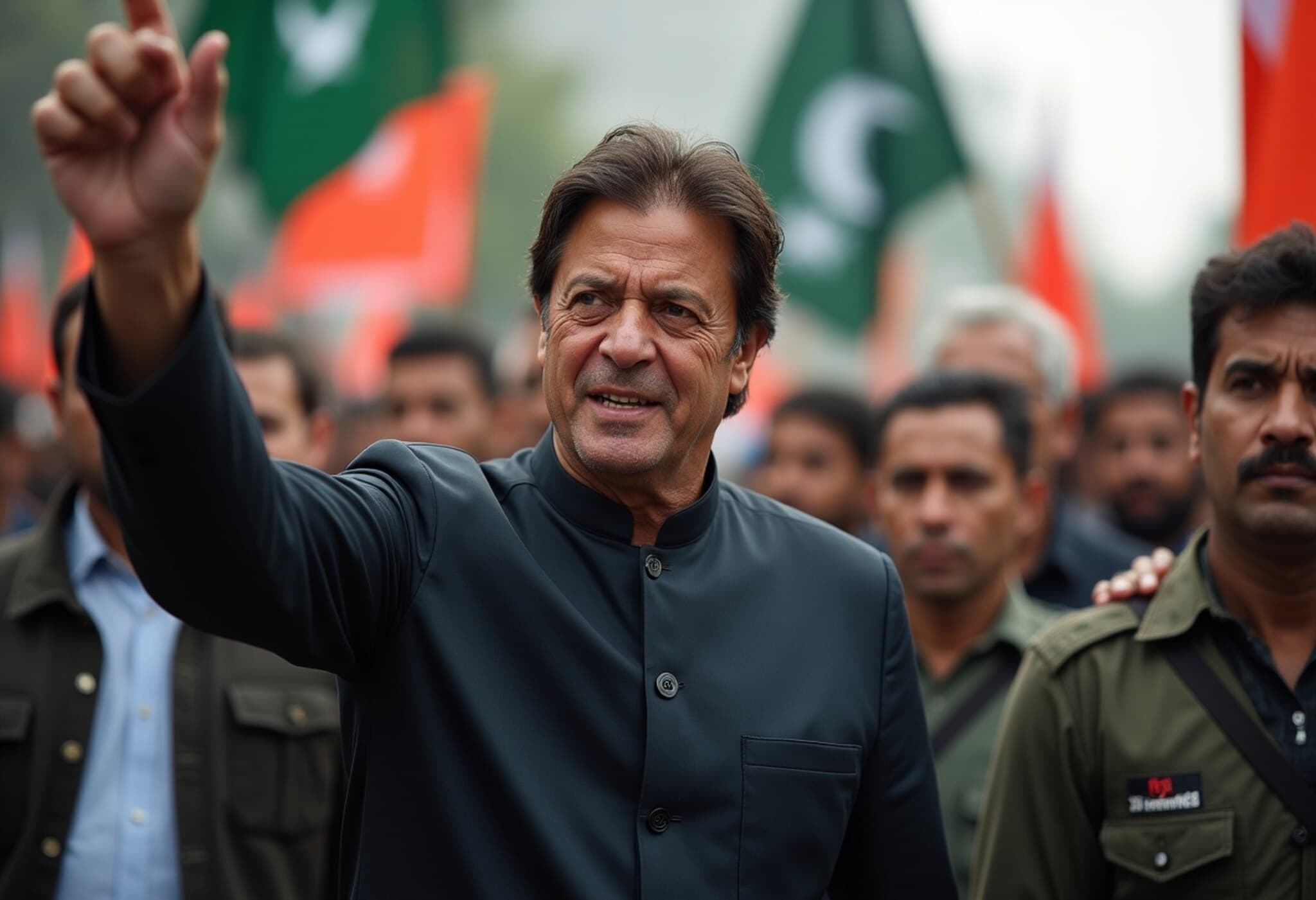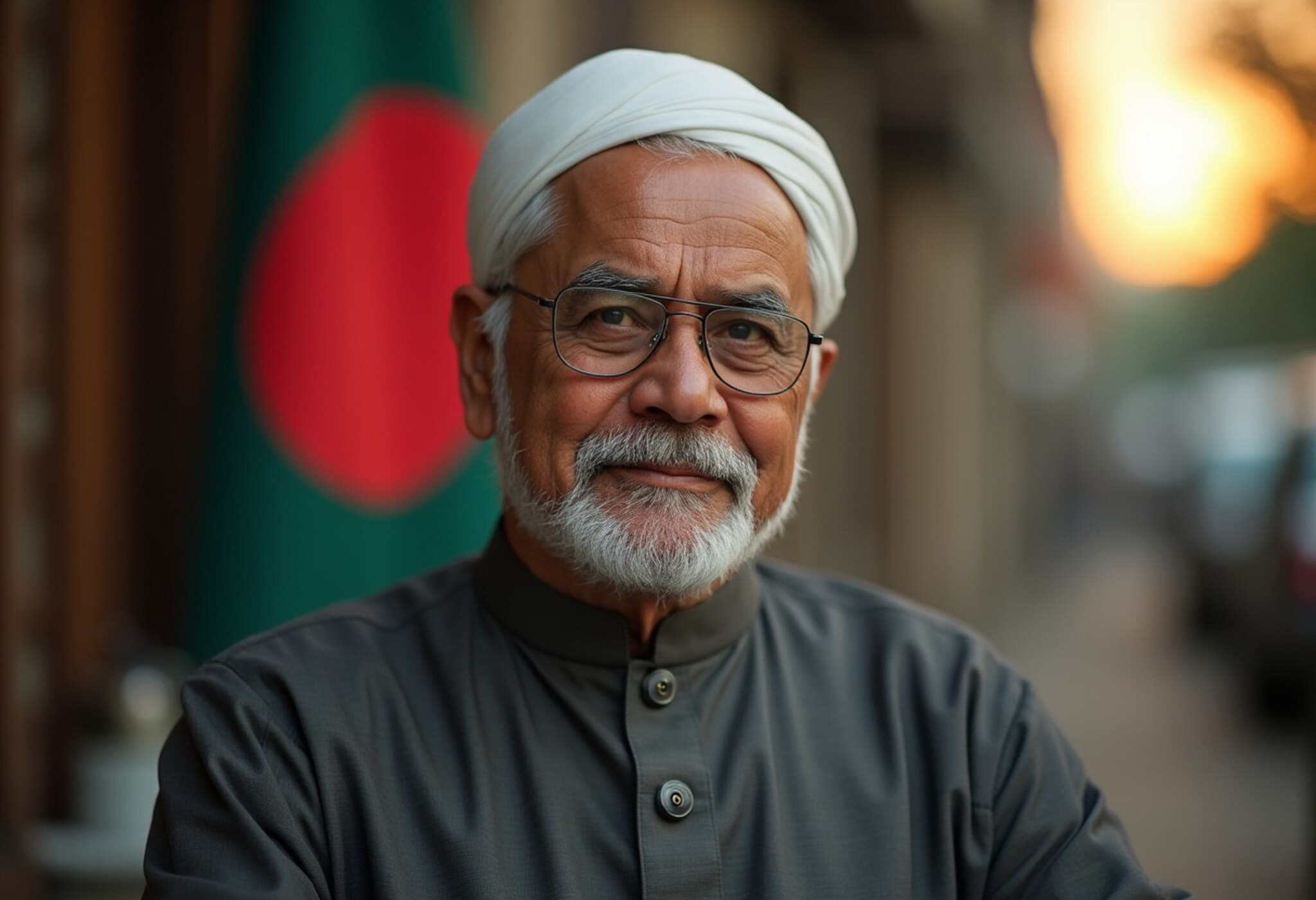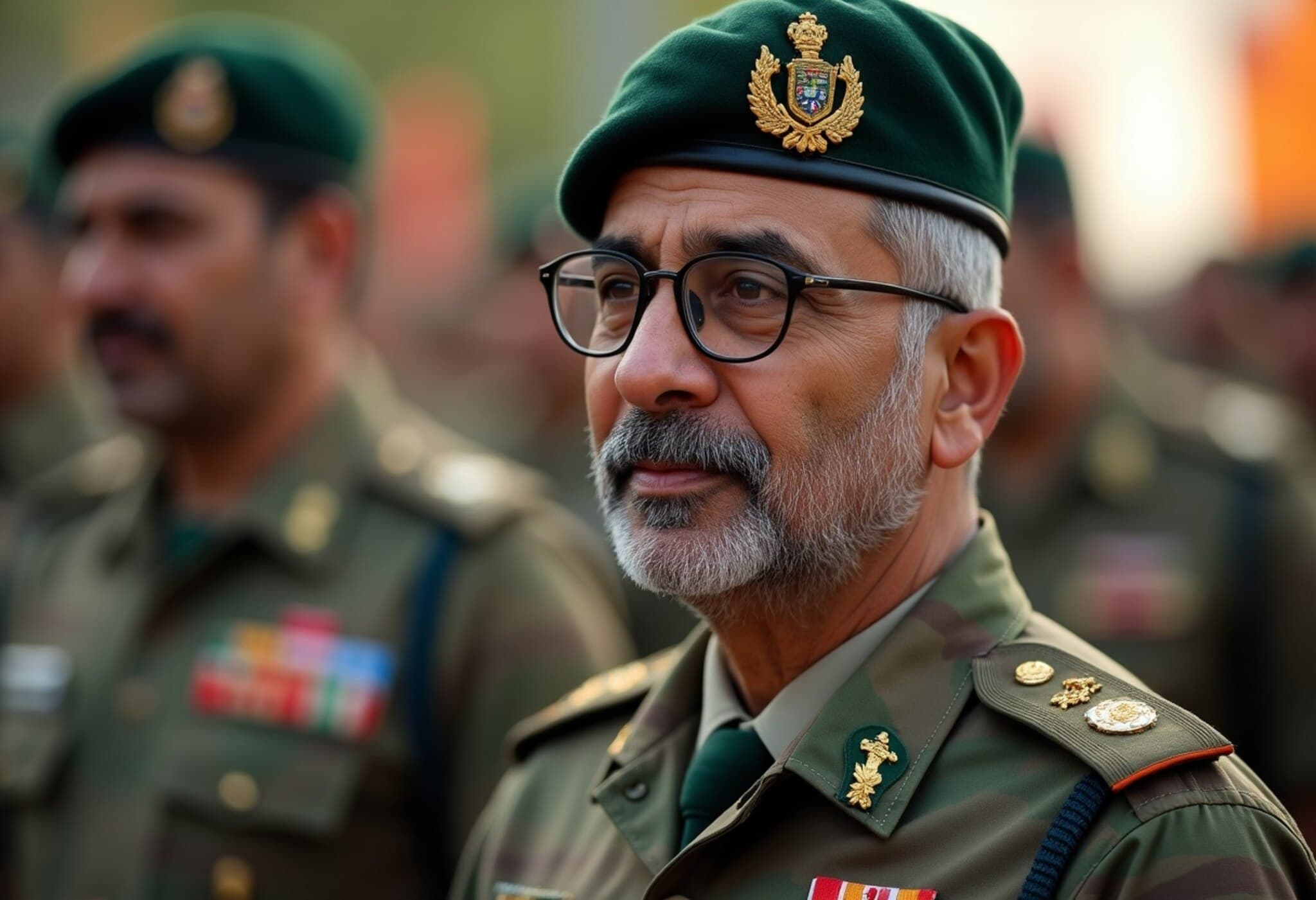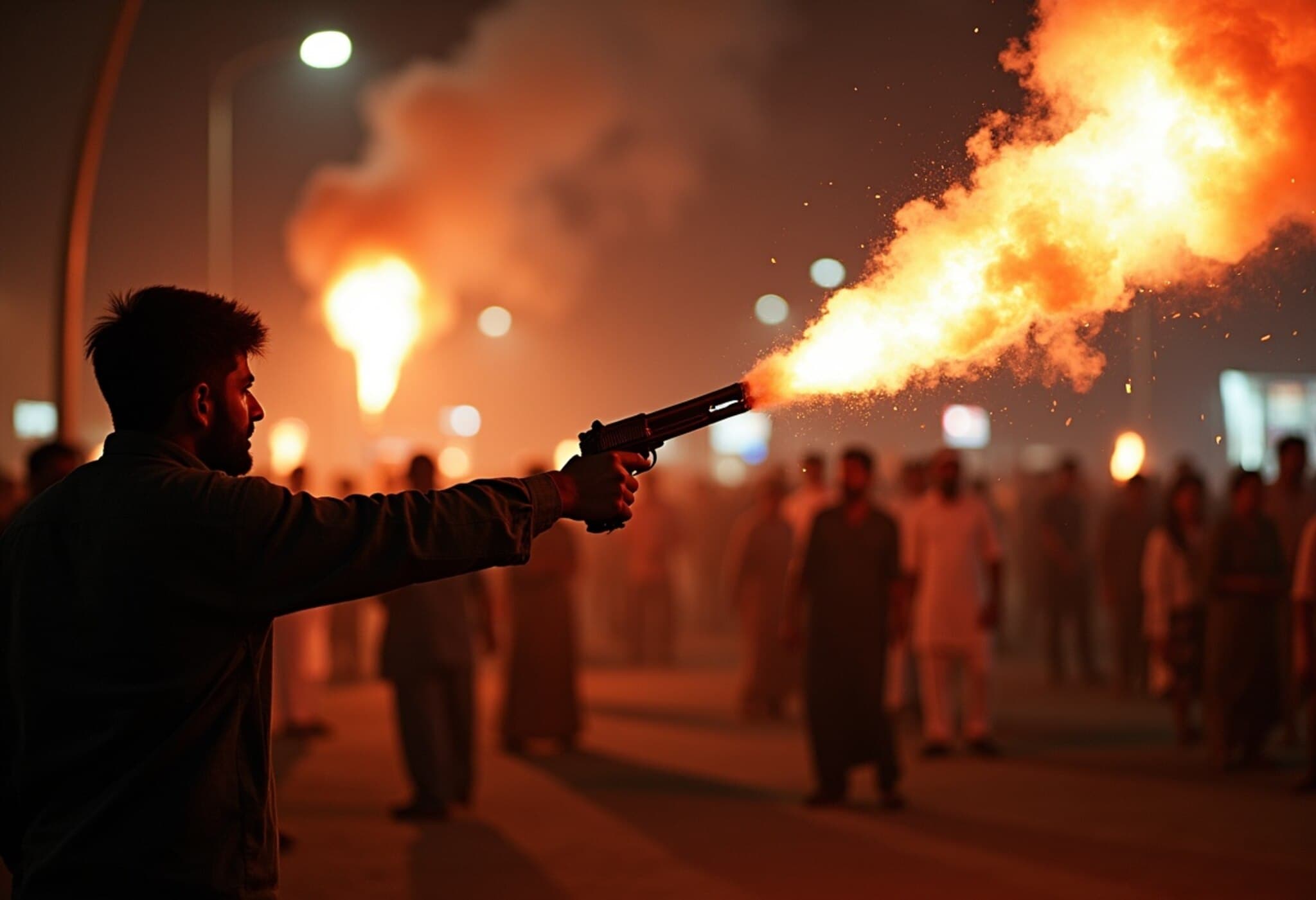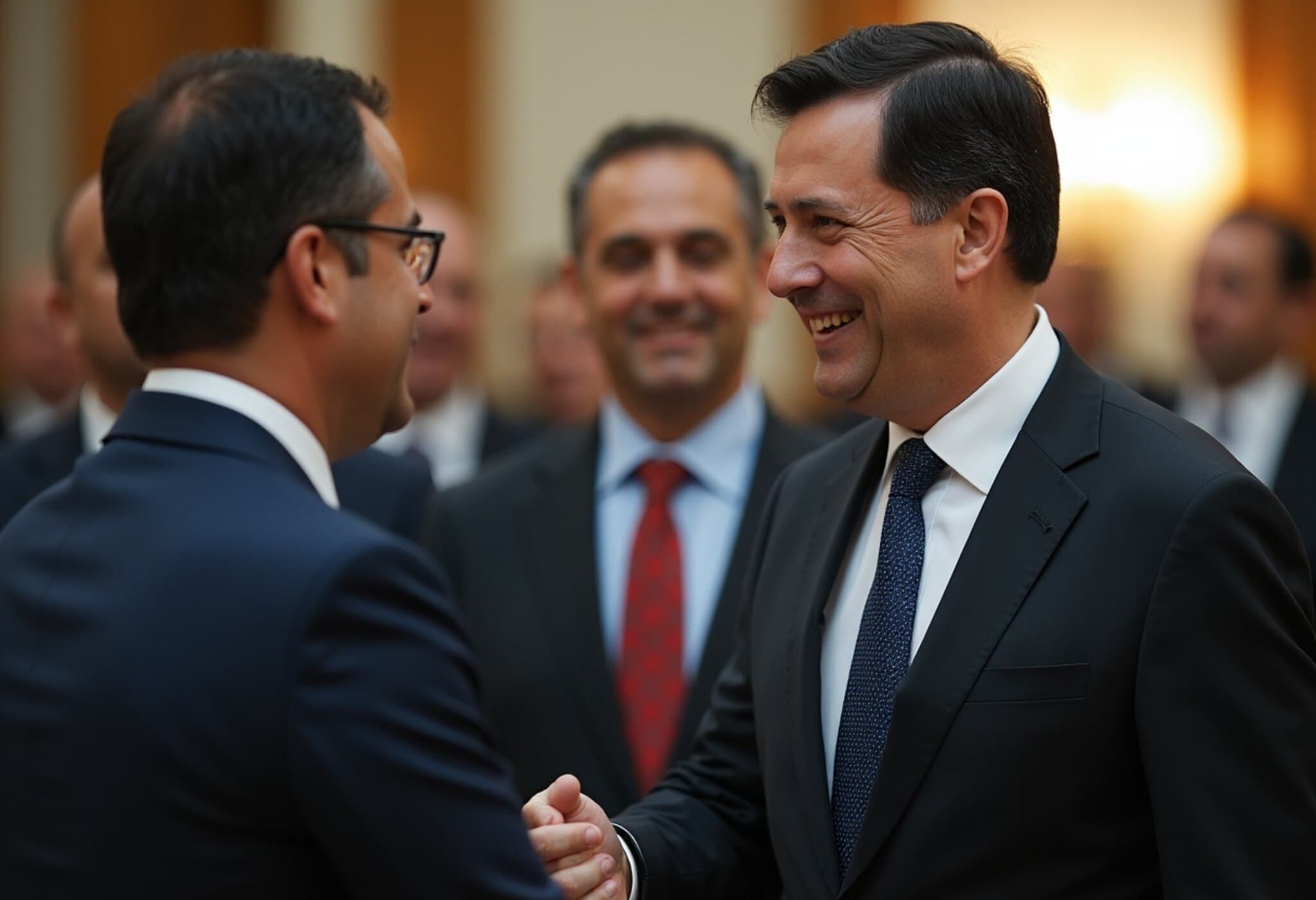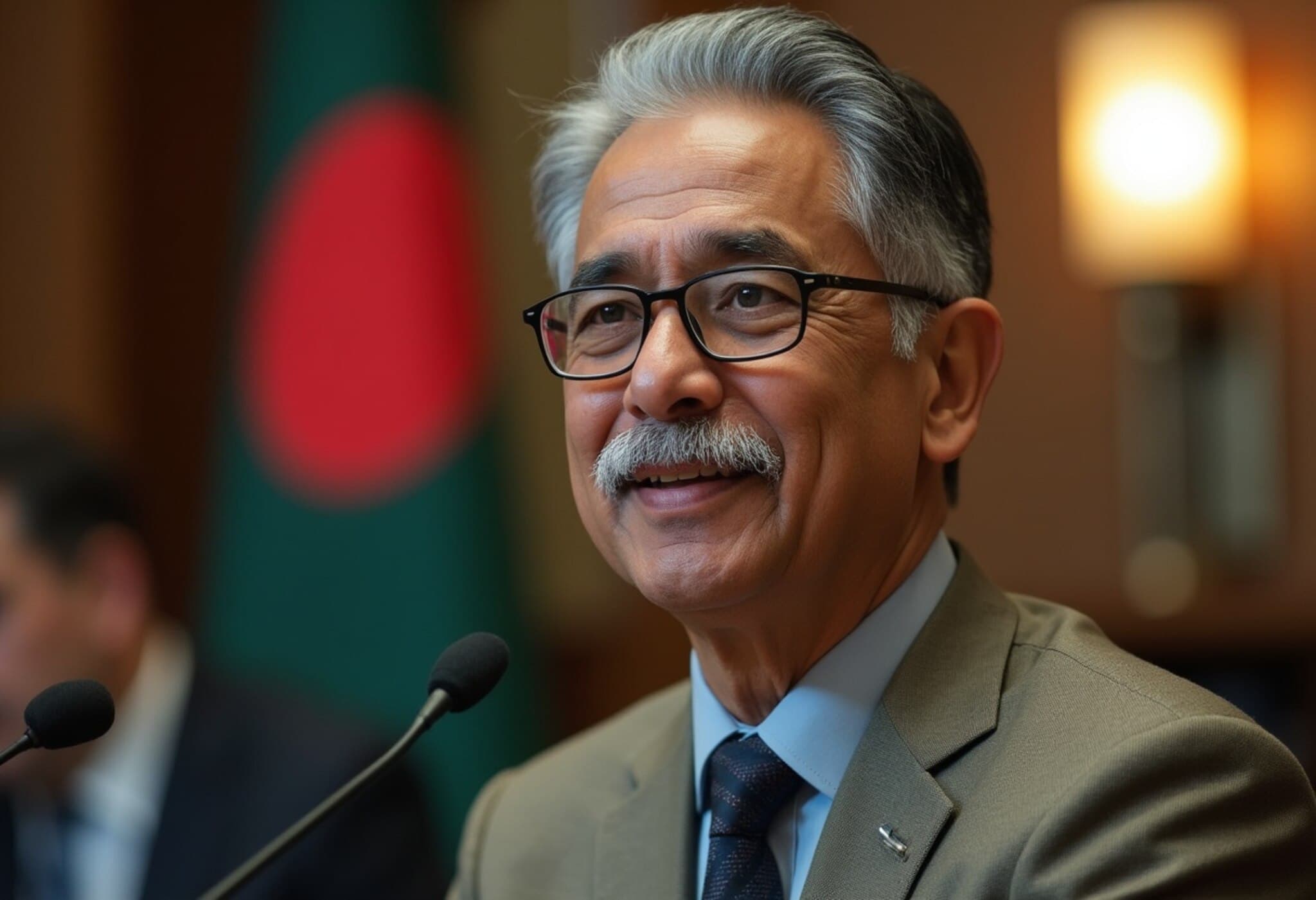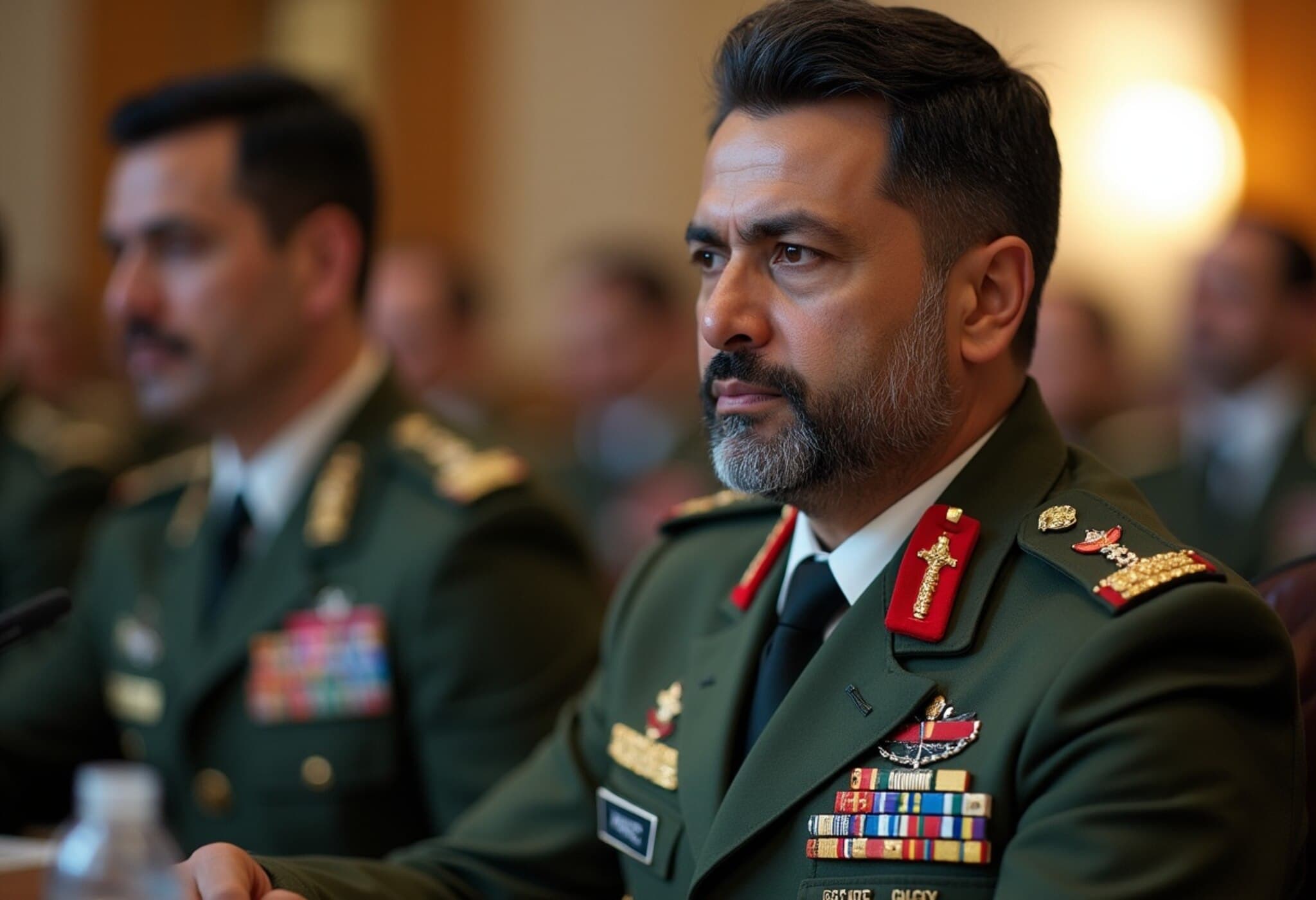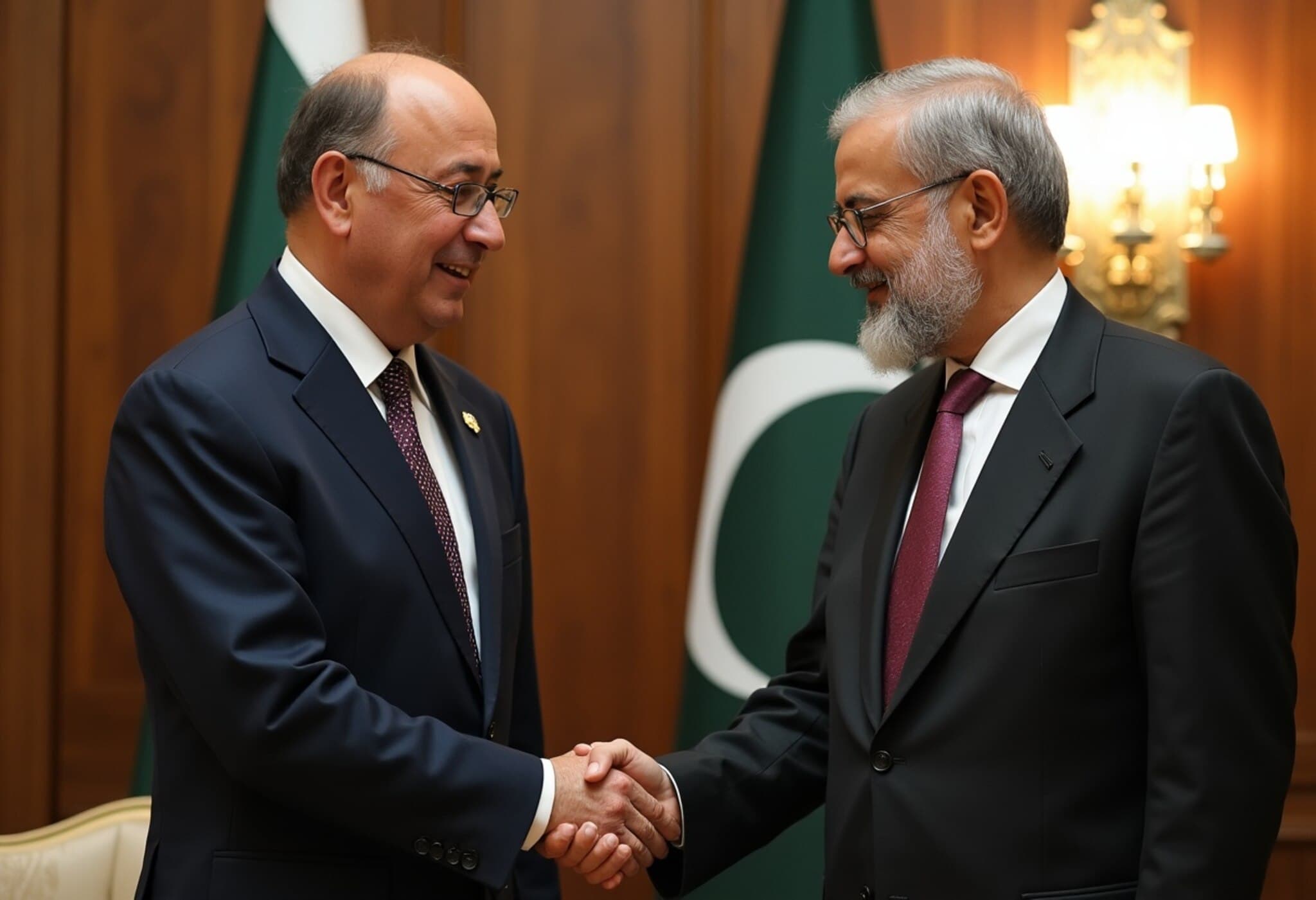India Responds Firmly to Pakistan Army Chief’s Nuclear Threats Made in the US
In a strong diplomatic rebuttal, India has condemned the nuclear threats issued by Pakistan’s Army Chief, Field Marshal Syed Asim Munir, describing the comments as "regrettable," especially since they were made on American soil—a nation considered a friend by India. The incendiary remarks, delivered at a high-profile event in Florida, have raised fresh concerns about regional stability and the international community’s role in nuclear oversight.
Pakistan’s Nuclear Sabre-Rattling: A Pattern of Provocation
During the event, Munir issued a chilling warning: “We are a nuclear nation; if we think we are going down, we’ll take half the world down with us.” He further threatened to target Indian dams, citing disputes over the Indus Waters Treaty, saying, “We will wait for India to build a dam, and when it does, we will destroy it with 10 missiles.” Such language not only escalates tensions but also highlights Pakistan’s willingness to entwine nuclear threats with geopolitical disputes.
India’s Official Stance: Safeguarding Security Without Yielding to Blackmail
The Ministry of External Affairs (MEA) issued a clear statement condemning Munir’s remarks as emblematic of Pakistan’s habitual nuclear provocations, which reflect the disturbing links between Pakistan’s military and terrorist organizations. The statement emphasized:
- Nuclear threats from a close regional actor must be taken seriously, yet they are highly irresponsible, undermining decades of diplomatic efforts.
- The military’s hand-in-glove relationship with terrorist entities in Pakistan raises profound questions about the integrity of the country’s nuclear command and control.
- It is particularly disconcerting that such dangerous rhetoric was made on friendly foreign soil, highlighting the delicate balance of international diplomacy.
The Role of the United States: A Delicate Diplomatic Tightrope
India’s response subtly underscores frustration with the United States for hosting the event where Munir issued his threats. While the US and Pakistan have developed a closer relationship under recent diplomatic efforts, such incidents complicate Washington’s position and put a spotlight on how allies manage platforms for potentially incendiary statements. India’s strategic alliance with the US contrasts with its concerns about Pakistan’s increasing boldness facilitated by third countries.
Calls for International Oversight and Nuclear Responsibility
Given Pakistan’s recurring nuclear brinkmanship, India has appealed to international bodies, notably the International Atomic Energy Agency (IAEA), to scrutinize Pakistan’s nuclear arsenal to prevent potential misuse. Defence Minister Rajnath Singh stated candidly, “Are nuclear weapons safe in the hands of such an irresponsible and rogue nation? These weapons must come under IAEA supervision.”
Strategic Implications Amid Worsening Bilateral Relations
The broader context reveals a fraught Indo-Pak relationship, exacerbated by tariffs, allegations of interference in Kashmir, and disputed military operations such as India's Operation Sindoor. Prime Minister Narendra Modi’s statements reaffirm India’s resolve not to succumb to nuclear intimidation, asserting that terrorism under nuclear blackmail will be met with decisive action.
Expert Insight: The Fragile South Asian Security Landscape
South Asia’s security environment has long been volatile, with nuclear-armed neighbors locked in a cycle of mistrust and conflict. Munir’s statements revive fears of accidental escalation and raise urgent questions about command-and-control safeguards in Pakistan, where civilian oversight is limited. Analysts warn that such rhetoric, especially when voiced publicly and internationally, undermines diplomatic channels and increases the risk of miscalculations that could have catastrophic consequences.
What Lies Ahead?
As dialogue becomes increasingly strained, the international community faces a crossroads: how to balance sovereign rights with the imperative of nuclear security and regional stability. India’s call for increased IAEA involvement spotlights the need for robust mechanisms to monitor nuclear arsenals in volatile regions. Meanwhile, the US and other international partners must carefully navigate their relationships with Pakistan to discourage provocative posturing while encouraging responsible behavior.
Editor’s Note
This latest episode of nuclear brinkmanship from Pakistan’s army chief throws into sharp relief the complex interplay between military ambition, political rivalry, and international diplomacy. India’s measured yet firm response emphasizes a resolve to protect national security without escalating tensions unnecessarily. However, the incident also provokes reflection on the effectiveness of current global nuclear governance frameworks and the pivotal role that friendly nations play when they host controversial figures. Moving forward, sustained international vigilance and dialogue will be critical to ensuring that nuclear capabilities are never wielded as bludgeons threatening regional and global peace.



